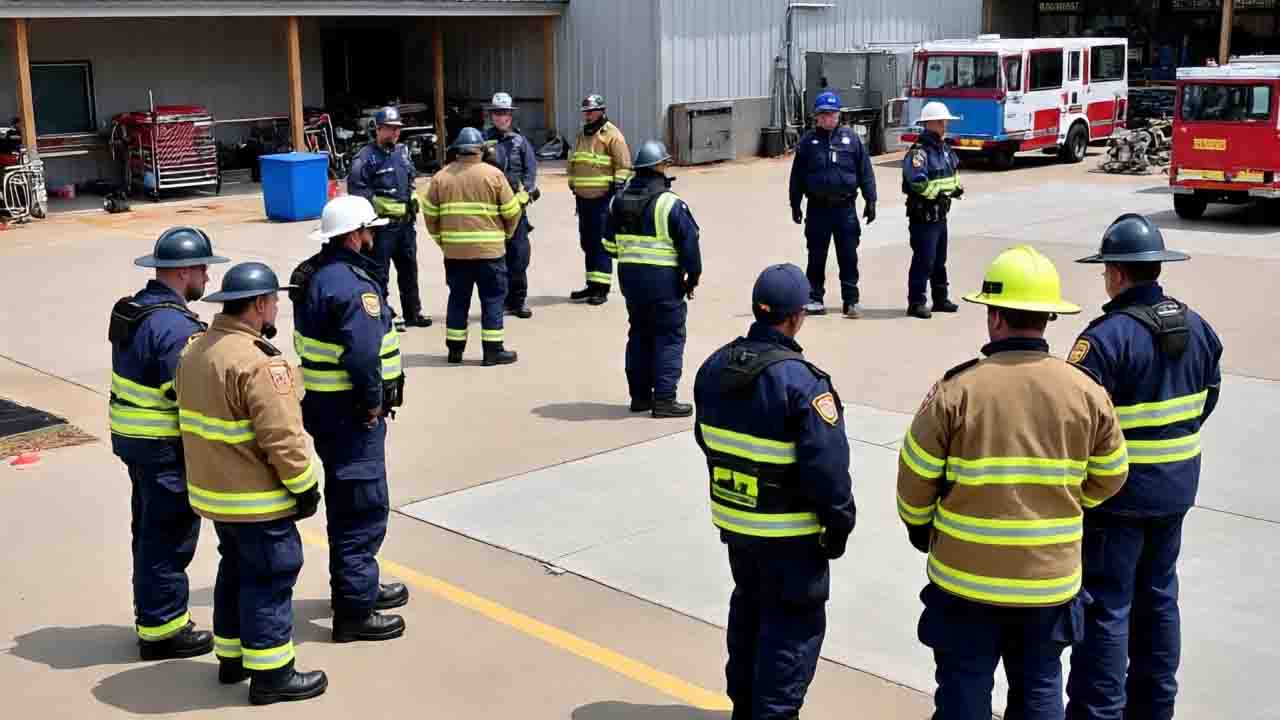
Resilienceapac – Resilient communities were at the heart of discussions during the Asia-Pacific Humanitarian Partnership Week 2025, held this week in Bangkok. The event brought together humanitarian actors, civil society organizations, and regional stakeholders to explore strategies for strengthening community resilience and fostering sustainable development across the Asia-Pacific region.
Resilient communities took center stage as participants emphasized the importance of local solutions to global challenges. Speakers highlighted how community-driven initiatives not only address immediate humanitarian needs but also lay the foundation for long-term development. By empowering local populations to take active roles in decision-making and problem-solving, the week’s sessions showcased practical approaches to mitigating risks from climate change, natural disasters, and economic disruptions. Experts argued that fostering resilient communities requires integrating local knowledge with innovative policy frameworks, ensuring that development interventions are both inclusive and effective.
“Sharp Tongues and Smiles: Wit and Humor in the Battle”
Another key focus of the Asia-Pacific Humanitarian Partnership Week was enhancing collaboration across different sectors. Resilient communities, experts stressed, cannot thrive in isolation. Multi-stakeholder engagement including governments, NGOs, civil society, and private sector partners is essential to building adaptive capacity. Panel discussions and workshops explored mechanisms to improve coordination, share best practices, and mobilize resources efficiently. By creating stronger networks, participants aim to reduce duplication of efforts, promote accountability, and ensure that humanitarian and development initiatives reach those most in need.
The final theme of the week centered on linking community resilience to sustainable development. Resilient communities are seen as critical drivers of long-term growth and stability. Particularly in the face of increasing environmental and socio-economic challenges. Participants explored innovative strategies for integrating climate adaptation, disaster risk reduction, and social protection measures into local development plans. By emphasizing resilience as a core principle, the Asia-Pacific Humanitarian Partnership Week 2025 reinforced the message that sustainable development must be rooted in empowered, well-prepared communities capable of facing future challenges.
The event concluded with a renewed commitment to fostering resilient communities throughout the Asia-Pacific. Highlighting that the path to sustainable growth is inseparable from the strength, adaptability, and engagement of local populations. As the region continues to confront complex challenges. The lessons from this week offer a blueprint for building resilient communities that can thrive in a rapidly changing world.
“Indonesia and Peru Officially Sign IP-CEPA, Exports Reach IDR 81 Trillion”
Resilience APAC: Asia-Pacific Hub for Reform - Taiwan's earthquake-resilient community infrastructure investment is under renewed scrutiny following a series of…
Resilience APAC: Asia-Pacific Hub for Reform - climate risk planning data analytics plays a crucial role in helping organizations anticipate…
Resilience APAC: Asia-Pacific Hub for Reform – Climate-ready energy systems industry innovations are reshaping how factories and plants generate and…
Resilience APAC: Asia-Pacific Hub for Reform - resilient energy systems climate adaptation is becoming a critical focus as climate change…